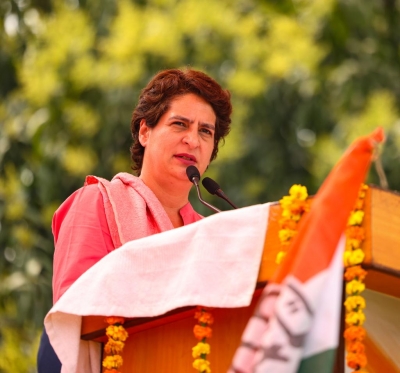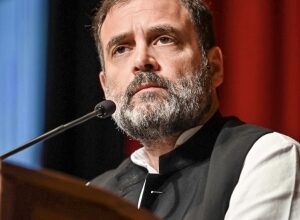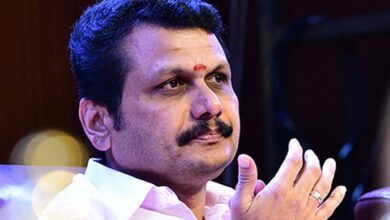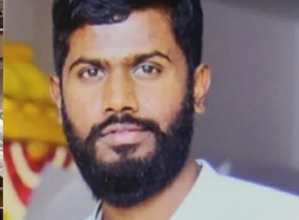SC says it can dissolve marriages on grounds of irretrievable breakdown
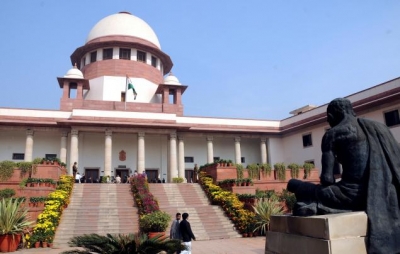
New Delhi, May 1: A five-judge Constitution bench of the Supreme Court in its judgement on Monday ruled that the Supreme Court can dissolve a marriage on the ground of irretrievable breakdown by dispensing with the need of the waiting period as required under the marital laws.
“Article 142 must be considered in light of the fundamental rights. We have held that the period of six months can be dispensed with. It is possible for this Court to dissolve the marriage on irretrievable breakdown of marriage,” a five-judge Constitution bench, led by Justice Sanjay Kishan Kaul said, in the judgement.
While dealing with Article 142 of the Constitution of India, the Supreme Court also said that we have laid out the factors for this, specifically with regards to maintenance and rights of the children.
“It (SC) can invoke special power granted to it under Article 142 of the constitution to grant divorce in such cases to do complete justice,” the bench said.
It also held that the Court under the power is empowered to complete justice.
According to Article 142 of the Indian Constitution, this deals with the enforcement of decrees (Order) and orders of the apex court to do “complete justice” in any matter pending before it.
While reserving its verdict in September 29, last year, the five-judge constitution Bench, headed by Justice Sanjay Kishan Kaul, had said that social changes take a “little time” and sometimes it is easier to bring a law but difficult to persuade society to change with it.
The Apex court also comprised of Justices Sanjiv Khanna, A.S. Oka, Vikram Nath and J.K. Maheshwari, as the part of the five-judge Constitution Bench, which pronounced the judgement on a batch of pleas today.
The Top Court also acknowledged the significant role that families play in Indian marriages.
The Apex Court had in one of its hearing, had said, “We believe that another question which would require consideration would be whether the power under Article 142 of the Constitution of India is inhibited in any manner in a scenario where there is an irretrievable breakdown of marriage in the opinion of the court but one of the parties is not consenting to the terms.”


